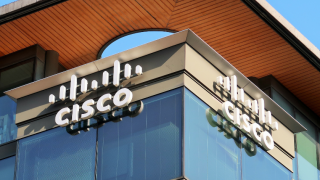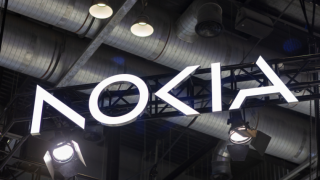Reversing a 2016 decision to block to merger of CK Hutchison's Three UK with Telefónica’s O2, the European Commission has finally given its blessing for the £10.25 billion deal to go ahead.
However, the near five-year delay has come under fire from CK Hutchison, which said the Commission’s initial decision had “acted as a break on vital industry consolidation”.
In a statement released yesterday, the firm said such consolidation “would have resulted in significant new investment, innovation and benefits for European consumers and industry.”
It continued to say the approach was “guided by a misconceived default view that European telecoms markets are better served by having a minimum of four MNOs in each EU Member State.”
The statement added: “This approach ignores market realities, the clear evidence of successful market consolidation in Europe and across the world as well as the very significant efficiencies in terms of increased investment, network improvements and consumer benefits that can be achieved from mobile mergers.”
CK Hutchison said that it will now study the “complex judgement” in detail and comment further in due course.
In its statement, Telefónica simply said: “Telefónica notes the EU Court’s decision, but the company has moved on.”
Timeline of a merger
The merger was first proposed in September 2015, according to documents archived by the UK’s Competition and Markets Authority (CMA).
At the time, Three was the most recent MNO entrant to the UK market, having launched commercial operations in March 2003 with a 2100 MHz 3G network.
O2 UK was active as an MNO in the UK offering mobile communications, mobile internet and mobile broadband. O2 UK operated a 900 MHz and 1800 MHz 2G network, a 900 MHz and 2100 MHz 3G network and a 800 MHz 4G network and offered retail fixed broadband to business customers, as well as general Wifi services.
The CMA requested the European Commission investigate the proposal in October 2015, setting out “serious concerns…arising from the presence of the merged entity in both the network sharing arrangements, including the greater risk of coordination that this brings”.
In 2016, Three’s parent company CK Hutchison took the Commission to court, arguing a five-year price freeze and billions of pounds in investments would be good for the industry and customer. However, competition commissioner Margrethe Vestager ruled the merger would reduce consumer choice and raise prices, and maintained that innovation and network infrastructure development would be jeopardised by a deal.
Yesterday, the European Commission ruled in CK Hutchinson’s favour and allowed the £10.25 billion deal to go ahead.
Recent developments
Over the course of the last five years, the industry – and its stakeholders – have been reshaped by M&A activity. Among the recent deals proposed is the merger of Liberty Global and Telefónica’s UK companies, Virgin Media and O2.
Announced earlier this month, it is proposed the two companies would form a new joint venture with each party owning a 50% share in the new entity. In addition, sources claim that Liberty Global would be made to make a payment to Telefónica to balance out the deal.
The resulting company would provide stiff competition for the likes of BT and the Comcast-owned Sky.
Capacity has learned the European Commission’s decision on the Three deal does not affect this JV agreement.
The company said: “Telefonica recently announced a transaction that combines Virgin Media, the UK’s fastest broadband network, and O2, the country’s most reliable and admired mobile operator, into a 50:50 joint venture that will create a powerful fixed-mobile challenger in one of its core markets”.





